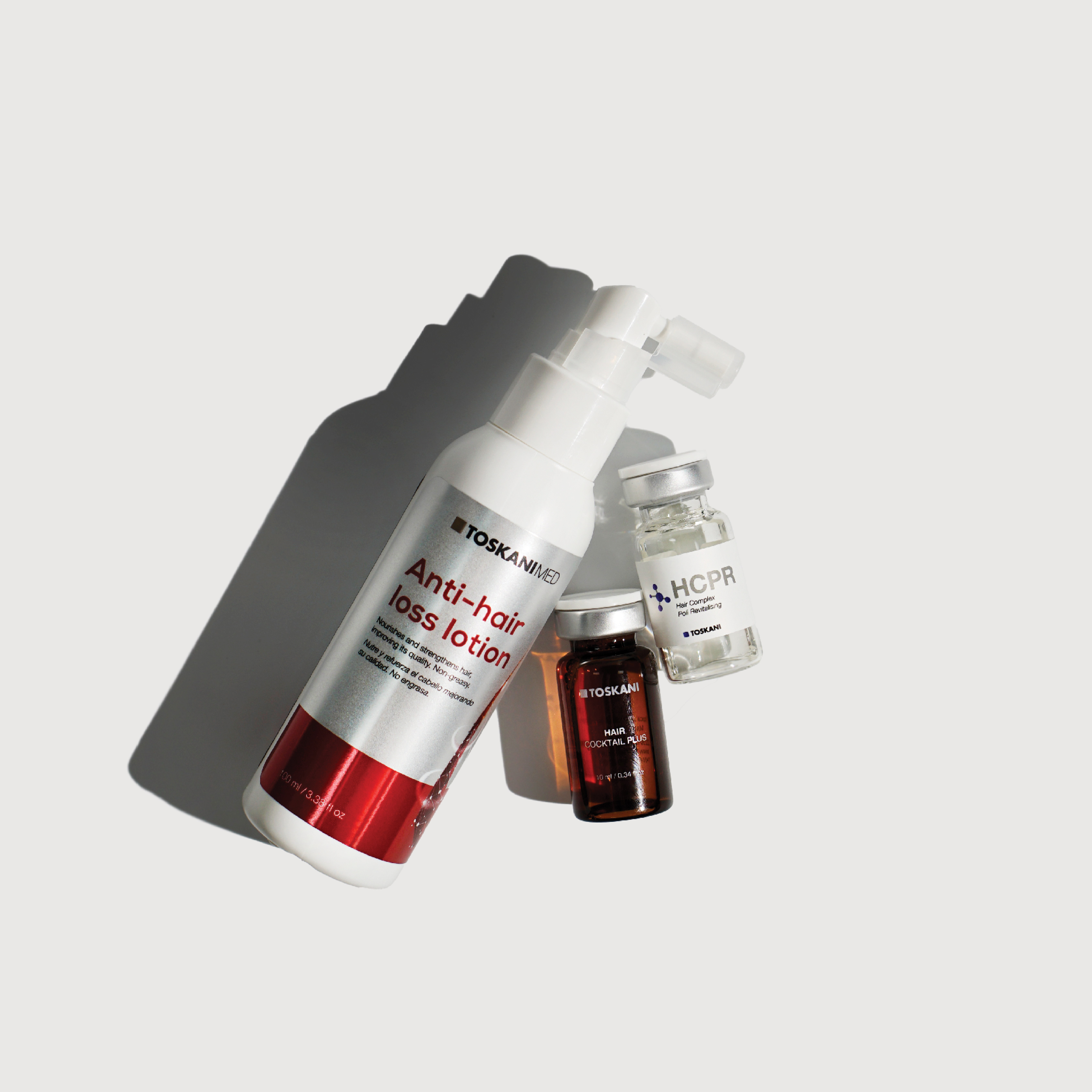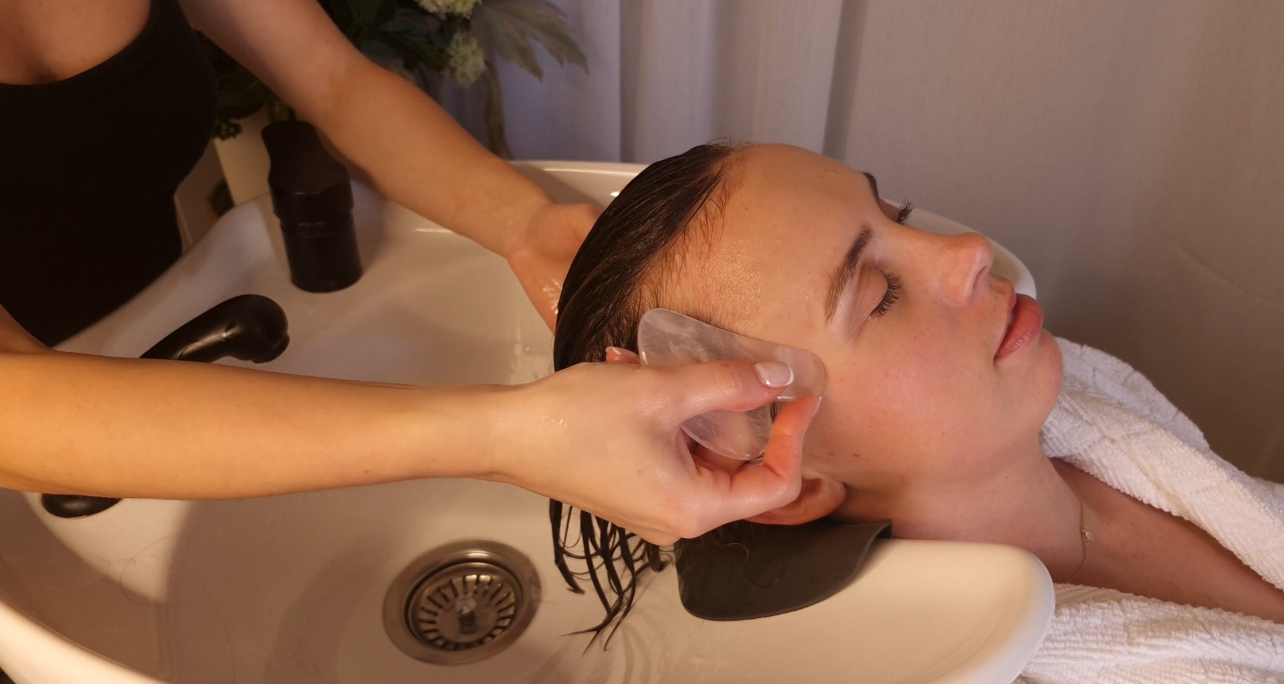SCALP REGENESIS THERAPY

Hair shedding? Hormonal hair loss? This clinical treatment targets both.
Our two-step infusion includes:
Hair Cocktail – designed to help stop active hair loss by targeting inflammation, stress-related shedding, and poor scalp circulation.
HCPR Serum – formulated to strengthen both new and existing hair, this nutrient-rich blend delivers amino acids, growth factors, peptides, and coenzymes directly into the scalp where follicles need it most.
Delivered via microneedling, this therapy works on a clinical level to stimulate blood flow, reactivate dormant follicles, and reset the natural hair growth cycle. The actives are precision-infused through microchannels to ensure maximum penetration and effectiveness — far beyond what topical products can achieve alone.
This treatment is ideal for those experiencing:
● Hormonal hair loss (including perimenopause or postpartum shedding)
● Stress-induced hair fall (telogen effluvium)
● Early signs of pattern thinning (androgenetic alopecia)
● Diffuse thinning and reduced density
A course of sessions is recommended for best results, supported by at-home scalp care and nutritional guidance. Scalp Regenesis Therapy is a professional-only protocol, clinical in nature, targeted in action, and designed for results.
Best results are achieved through a tailored course of treatments, supported by at-home scalp care and nutritional support. Given the clinical nature of this treatment a thorough consultation is required prior to commencing treatment.
WHEN TO SEEK HELP
If hair shedding has lasted more than 3 months, or you’re noticing visible thinning or patchy areas, it’s time to seek professional guidance. A thorough consultation can help identify potential triggers; from hormonal shifts to nutritional deficiencies or stress-related factors, and guide you toward the most effective treatment plan.
Early intervention is key to achieving the best long-term results.
Looking for the best hair loss treatments in Camden
Looking for the best hair loss treatments in Camden, NSW? At About Face, we offer professional, clinic-grade solutions for hair thinning, hormonal hair loss, pattern baldness, and stress-related shedding. From our signature Hair Spa rituals to advanced microneedling and HCPR infusions, we’re known as one of the most trusted destinations for scalp health and hair regrowth in the Macarthur region, including Camden, Narellan, Mount Annan, Elderslie, Harrington Park, Oran Park, Smeaton Grange, Spring Farm, Gregory Hills, and Currans Hill.

